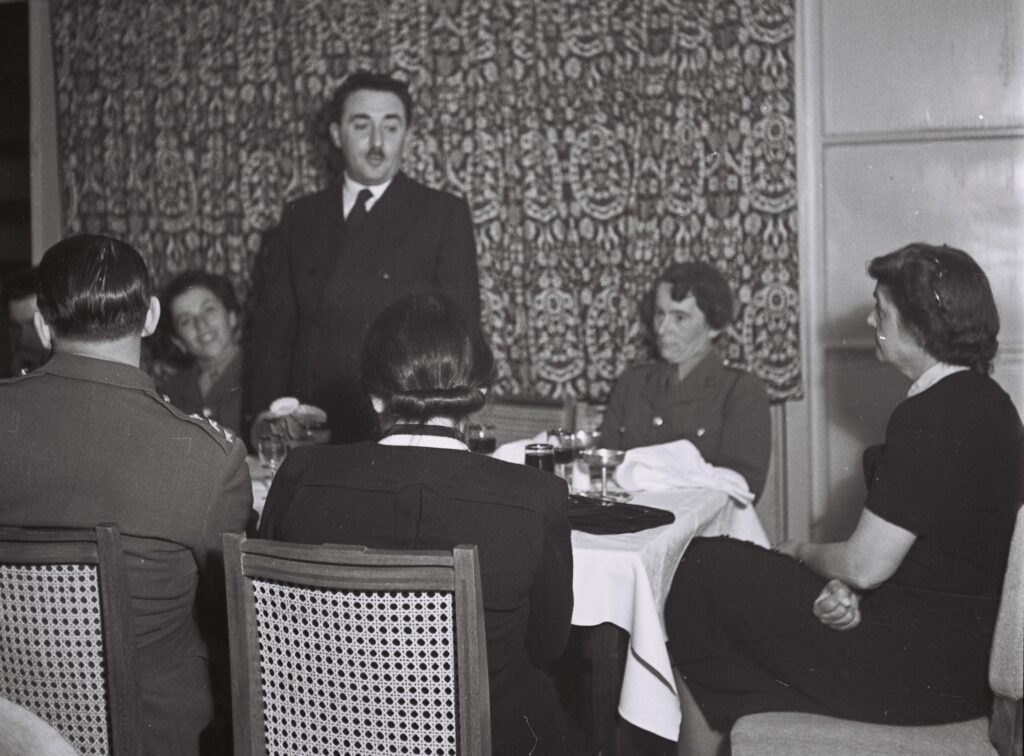A key figure in the Jewish Agency's political department, Moshe Shertok (later Sharett) argues for a Jewish commonwealth/state in Palestine. Pragmatically he realizes Arabs in Palestine oppose the Jewish presence, yet he rejects a potential binational Arab-Jewish state.
Reliable resources for deeper Israel understanding
Embrace informed content on Israel, the Middle East and the Diaspora.
Begin with 7 days free to explore CIE’s rich sources, expert analyses and guided knowledge building.
$39 / year
JOIN CIE+
Already have a CIE+ account?
SIGN IN










